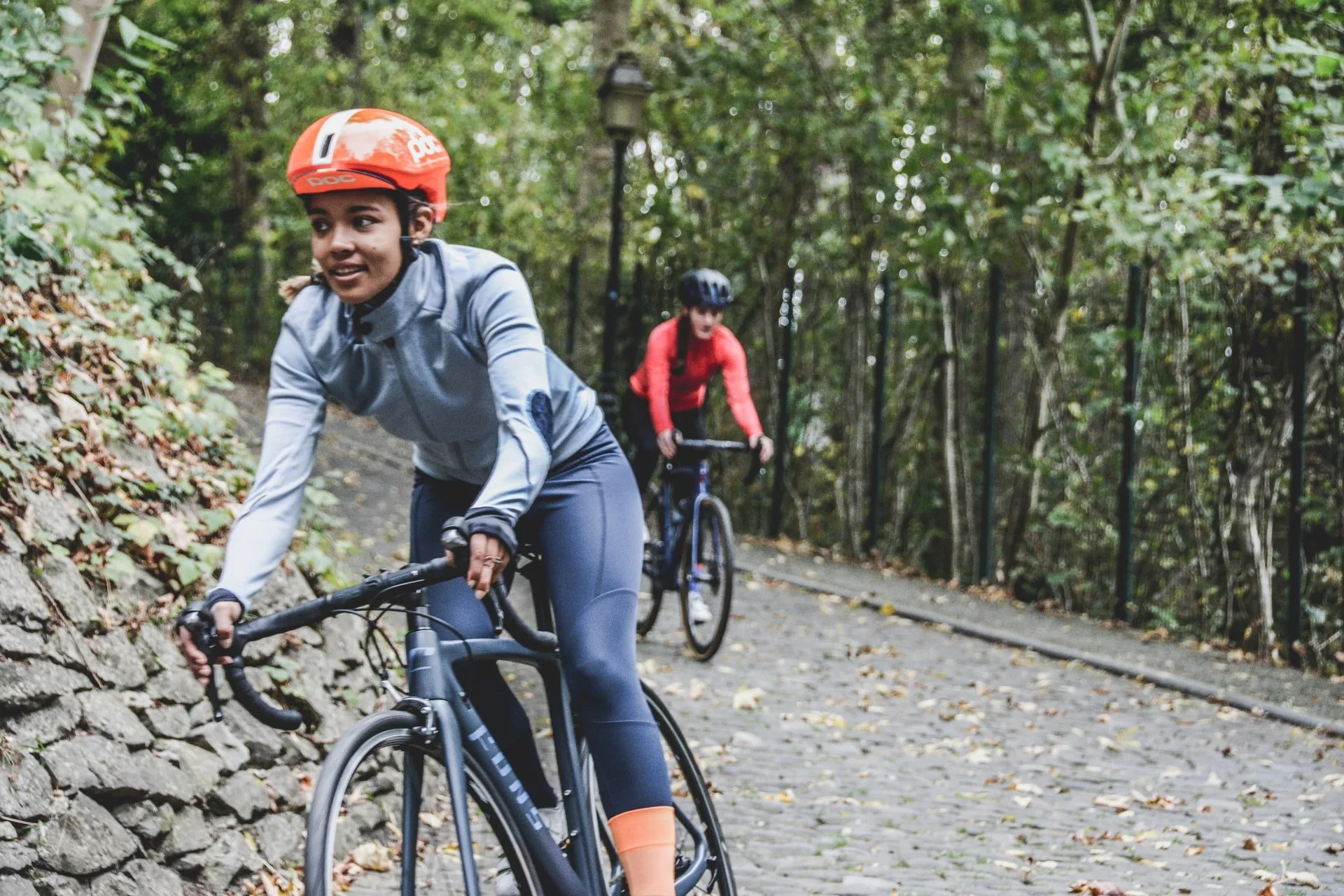Over the last few years, fitness culture has become more prominent as people tend to be careful towards their health. Due to this, fitness has become a regular practice for many individuals. Whenever there’s a topic around fitness, people come up with suggestions like dieting, walking, yoga, running, exercising, and many more. But hardly a few believe that cycling is one of the best physical activities that comes with several health benefits.
Moreover, many people opt for a cycle to travel from point A to point B. But there is much more that cycling has to offer. It offers a wide range of mental and physical health benefits to the human body. Besides, it reduces greenhouse gas emissions which ultimately become helpful for the environment. To add more to this context, we have collected the nine cycling benefits that everyone should know. If you are a beginner, you can look out for some cycling tips for a better riding experience.
9 Benefits of Cycling
1. Extends your lifespan

Photo by Coen van de Broek on Unsplash
Many people are familiar with the belief that exercising improves lifespan, but most of them fail to understand that cycling can have even more positive effects on their longevity. According to researchers, people who cycle regularly are more likely to be safe from cardiovascular diseases, some types of cancers, obesity, high blood pressure, and type 2 diabetes.
They also say that a cyclist’s body is more efficient at defending itself and regenerating new cells compared to non-cyclists.
2. Improves self-esteem
It is no surprise that cycling improves self-esteem as it releases a bunch of feel-great hormones while riding. You can observe this thing while next time you head off with your bicycle and chase the other cyclists. It will make you feel like you are playing some game and taking over the world.
A decline in your mitochondria can negatively affect your physical fitness and decline its functionality. So, the better your mitochondria, the more life you will feel.
4. Boosts immune system, aids digestion, and combats obesity
Health issues are common problems in everyday life, but if you start regular cycling, you can prevent them from affecting your peaceful life. According to several studies, cyclists that cycled for half an hour a day or five days a week were seen to be sick only half of the time compared to people with no physical activity (1).
This study revealed that cycling keeps a person healthier than a non-active person. “Moderate exercise keeps the immune cells more active and makes them ready to fight off infection,” says Cath Collins, the chief dietitian at St. George’s Hospital in London.
Some experts also state that in addition to preventing sickness, physical activity like cycling is inversely related to obesity. It means you will burn more fat by cycling regularly. Even a study from the University of Copenhagen supports this opinion as they say that overweight people can reduce their fat by riding a bike instead of exercising in their spare time.
Additionally, cycling has also been effective in promoting digestive health. Doctors state that physical activity helps reduce the time it takes for food to move through your digestive system and limits water absorption, which ultimately leaves you with softer stools.
5. Reduces stress
You may know that exercising reduces stress, but one study in the Lancet has shown that cycling is one of the top stress-relieving activities. It was observed that cyclists enjoyed 21.6 percent fewer days of poor mental health when compared to people that don’t ride at all.
This number was right next to team sports that were estimated at 22.3 percent and above other aerobic activities. It also showed that turning your solo rides into group rides can help you enjoy the social benefits of a team sport and elevate the number of good days in your life.

Photo by Dorothy Castillo from Pexels
6. Lowers the risk of cancer
Exercising regularly, maintaining a proper weight, and following a perfect diet will undoubtedly lower your risk of cancer.
But in 2015, a study conducted among 14 000 men showed that individuals with higher fitness levels faced a lower risk of colorectal and lung cancer as they approached middle age.
7. Improves heart health
Cycling is beneficial for your heart because it keeps you happy and maintains your blood pressure. A study done in Medicine & Science in Sports and Exercise observed the activity of 1500 subjects for almost five years. It revealed that people who were active daily were 31 percent less likely to deal with high blood pressure.
Another study showed that a hard workout could aid low blood pressure in the same way any medication does. This doesn’t mean you need to ditch your medication but consider going on more sweaty rides with approval from your doctor.

Photo by Nubia Navarro (nubikini) from Pexels
8. Improves your balance
While riding, the bike becomes an extension of your body. So keep it upright and tilting whenever needed calls for some balance. This eventually improves your control over the body and bike. Besides, cycling requires you to have a muscular sensation that helps you know where your body is in space. This is eventually the most important aspect of balance.
If you want to know why balance is important, then understand that the balance can worsen with age, leading to falls and injuries. Ultimately, it will affect your physical activity. Thus, you need to stay active to maintain the balancing skills and the most entertaining way to do this is by cycling.

Photo by Ahshea1 Media from Pexels
9. Builds muscles
The best part about cycling is that it burns fat and helps build muscles, especially around hamstrings, calves, glutes, and quads. Muscle is leaner than fat and individuals with a higher percentage of muscle tend to burn more calories even when they are inactive.
Conclusion
You should take cycling not only as a physical activity but also as a way to spend some quality time for the well-being of your body.




![women [longevity live]](https://longevitylive.com/wp-content/uploads/2020/01/photo-of-women-walking-down-the-street-1116984-100x100.jpg)










